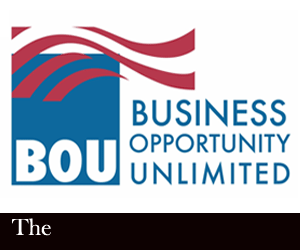
When the Indian government gave a final nod to FDI, many foreign brands highlighted keen interest towards the entry to India. Foreign brands such as Tommy Hilfiger, fashion brand Promod SAS, NA Pali Europe, Italian jewelry maker Damiani International etc have sent signals signals to India’s Foreign Investment Promotion Board for entering India, a FIPB confirmed.
Though these brands currently exist in the Indian market via licensing or franchise agreement, but after the relaxation of some economic reforms, that are single-brand retailing for international and 51 percent in multi-brand retailing for international brands, they are keen to go alone, industry sources say.
The official said many foreign brands in lifestyle; apparels, footwear and jewelry are looking forward to own 51 percent in single-brand retail operations in India, Xinhua news agency reports.
Recently, Inditex-owned brand Zara had faced FIPB hurdles for setting up stores of Massimo Dutti as the rules for single-brand retail stipulate that the company making the FDI proposal needs to also own the brand, not a different entity.
Officials said Zara can re-apply as the Department of Industrial Policy and Promotion has done away with the norm that the foreign investor has to own the brand it proposes to sell. “The central government has also been working on simplifying the single-brand retail policy, especially on the clause related to 30 percent mandatory sourcing, after it received Swedish furniture retailer IKEA’s investment proposal,” they said.
IKEA and Pavers, a British shoe chain, have applied for 100 percent ownership in single-brand retailing.
Ajay Muttreja, President, Technova, which specializes in cross- border market entry strategy, said India was likely to mop up FDI worth US$2-3 billion in the multi-brand segment.






























 +91 9909960054
+91 9909960054
Pingback: Anonymous
Pingback: Ambrose
Pingback: rajesh
Pingback: Gucci
Pingback: These days of austerity in addition to relative panic about taking on debt, many individuals balk resistant to the idea of using a credit card in order to make purchase of merchandise or perhaps pay for a trip, preferring, instead just to rely on the actu